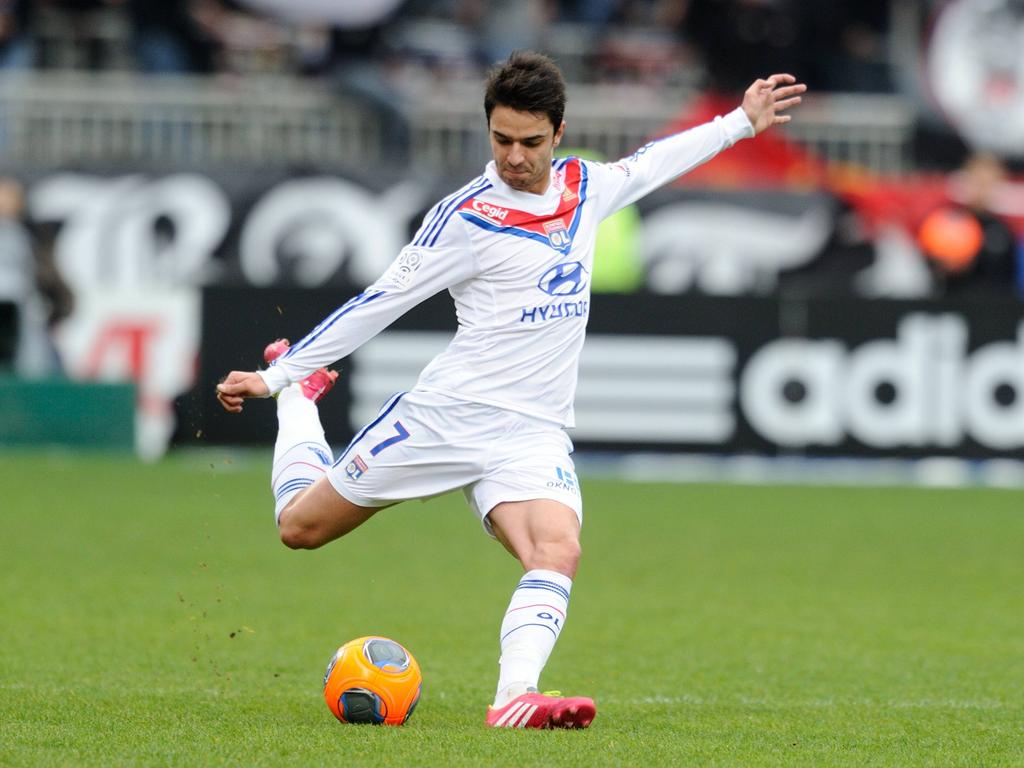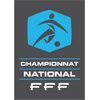Ex-Marseille football boss bids to become city's first black mayor

Pape Diouf, a former chairman of Marseille football club and an outspoken critic of racism in French society, has launched a bid to become the first black mayor of the cosmopolitan port.
Diouf, 62, announced on Tuesday that he would be seeking the leadership of France's most multicultural city as an independent candidate at the head of an electoral list composed of non-political figures called "Sursaut" -- roughly "Kickstart" in English.
Diouf was born in Chad to Senegalese parents but has spent his adult life in France, working first as a journalist before becoming an agent for players including Marseille legend Basile Boli. He subsequently served as the club chairman from 2005 to 2009.
He said he was standing for mayor with the intention of "stirring things up in a city that has been disfigured by social breakdown".
He offered no details of his programme or who would be supporting him, saying those issues would be clarified at a series of public meetings in the city on March 3.
"I'm not part of the system, I don't have a political career to manage, but I do want to go all the way and win this match," he said.
"A new movement seems to me to be needed because this town really needs renewal. It deserves better than this reputation for violence and poverty that has stuck to it."
Diouf's candidacy comes against a backdrop of signs that race is moving to the foreground of French politics.
The far-right, anti-immigration National Front is currently on track to be the best-supported party at the nationwide municipal elections which will decide Marseille's next mayor.
Many commentators meanwhile have identified a trend towards the expression of overt racism becoming less taboo, an issue highlighted by a recent wave of "monkey" slurs directed at the country's most prominent black politician, Justice Minister Christiane Taubira.
There have also been signs of some sections of the country's large black and Arab minorities becoming alienated from mainstream politics -- a trend some link to the popularity of the controversial comedian Dieudonne.
The black comic, who was banned from visiting Britain this week, is an overt anti-Semite in the eyes of his critics but an anti-establishment hero to many in France's poorest neighbourhoods.
Diouf's candidacy fits into that pattern to some extent. Socialist President Francois Hollande reportedly spent time last year attempting to persuade him not to stand and his decision to do so follows an acrimonious primary for the Socialist candidacy in which Samia Ghali, an outspoken senator of Algerian heritage, lost out to local deputy Patrick Mennucci amid allegations of unwarranted interference by the party hierarchy.
Asked recently why he remains the only black person to have run a French football club, Diouf replied: "Why would sport be any different from the rest of society?
"When they were players, (black or north African French internationals) (Marcel) Desailly, (Lilian) Thuram and (Zinedine) Zidane were picked immediately because they were better," he said.
"When it comes to choosing directors or officials, more subjective and less easy-to-read criteria come into play: You have to be the most white, someone who meets the requirements of the pure-bred Frenchman. It is easier to choose a (white current French manager Didier) Deschamps than a Desailly or a (Bernard) Lama. That's the reality."
If elected, Diouf would be the first black mayor of any major city in metropolitan France.
His decision to stand was praised by Louis-Georges Tin, the head of France's Representative Council of Black Associations (CRAN).
"For a long time, the parties in Marseille have regarded blacks and Arabs as only fit for putting up posters," he said. "That time is past and citizens' initiatives of this kind will become more and more common."





